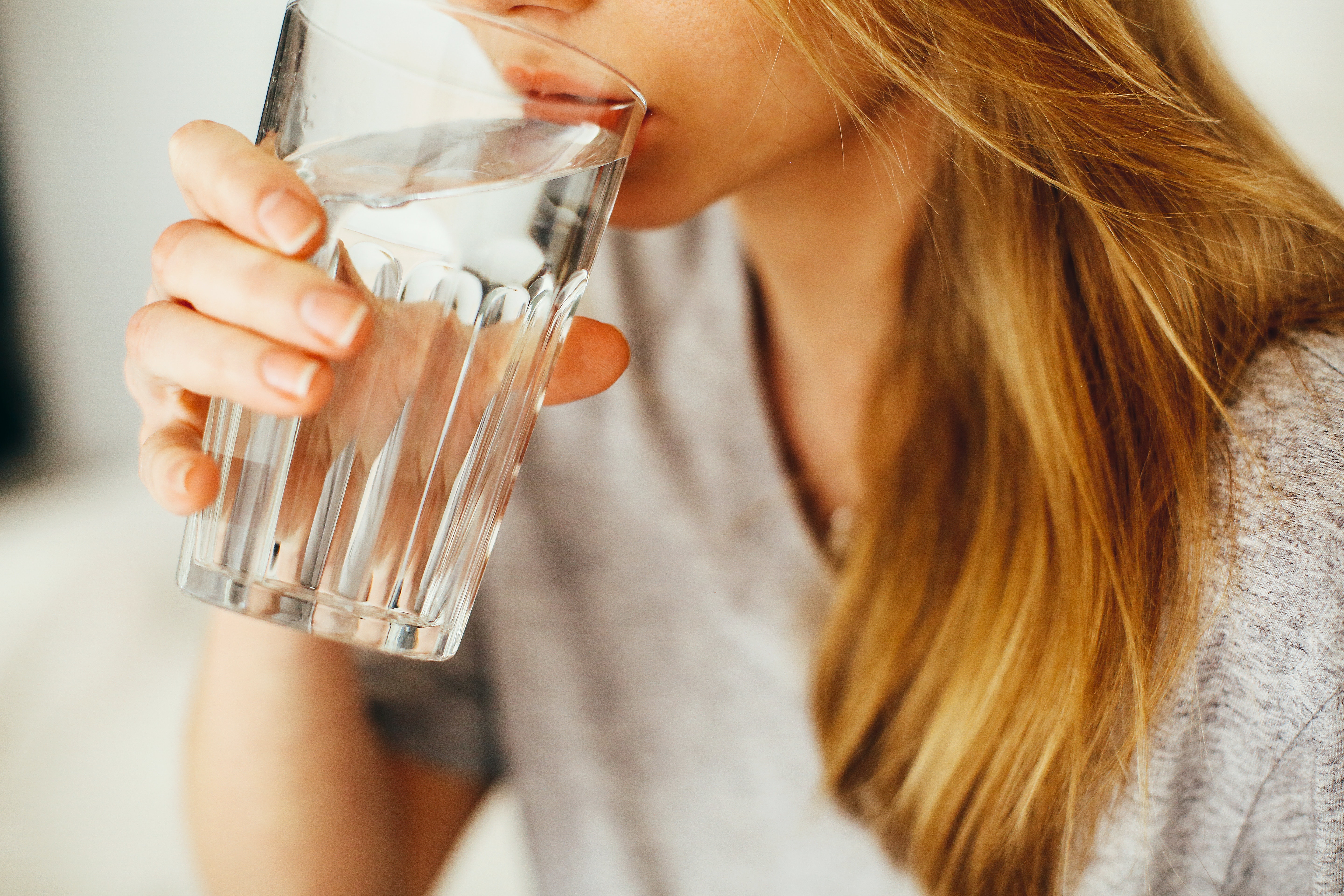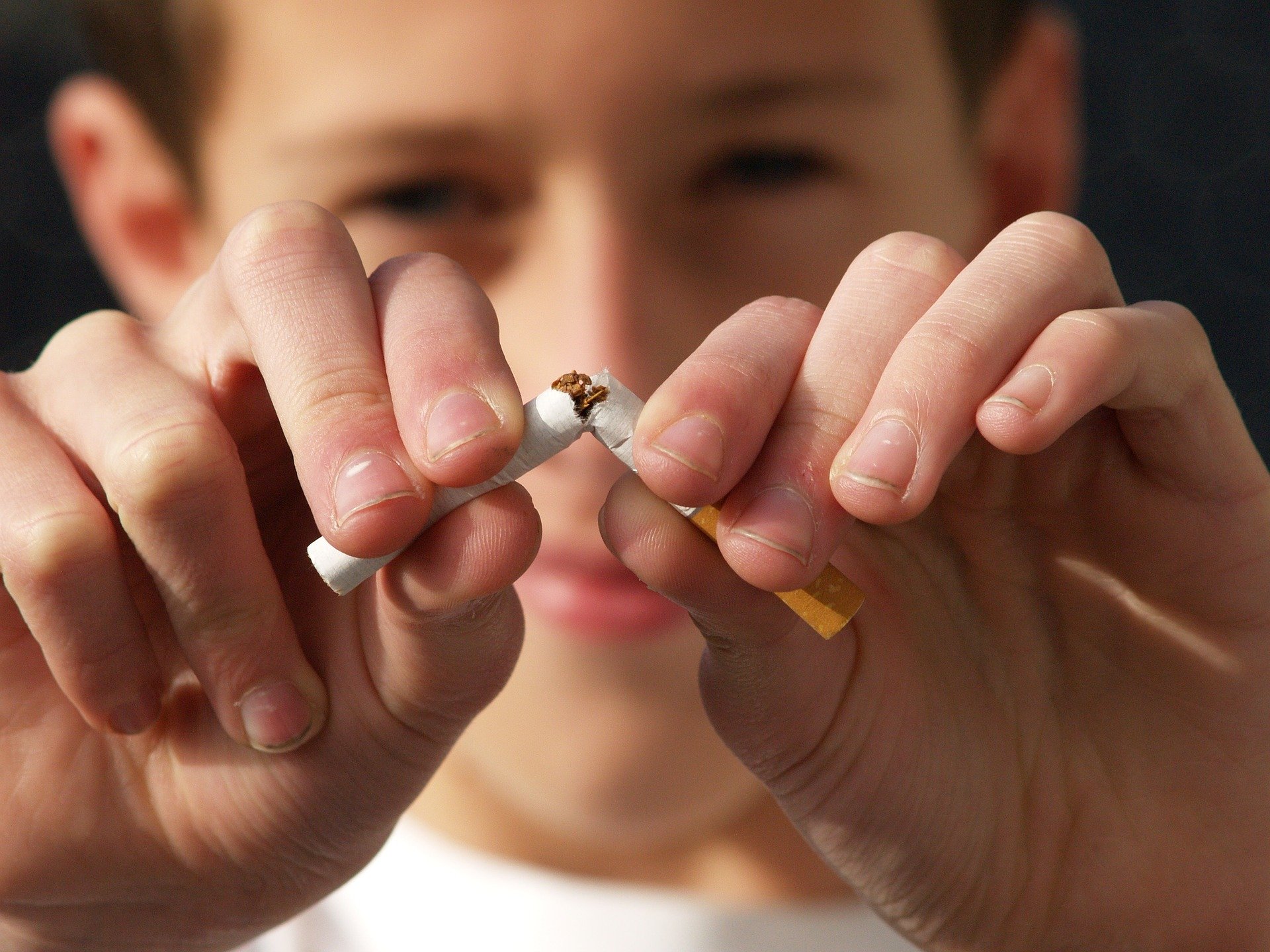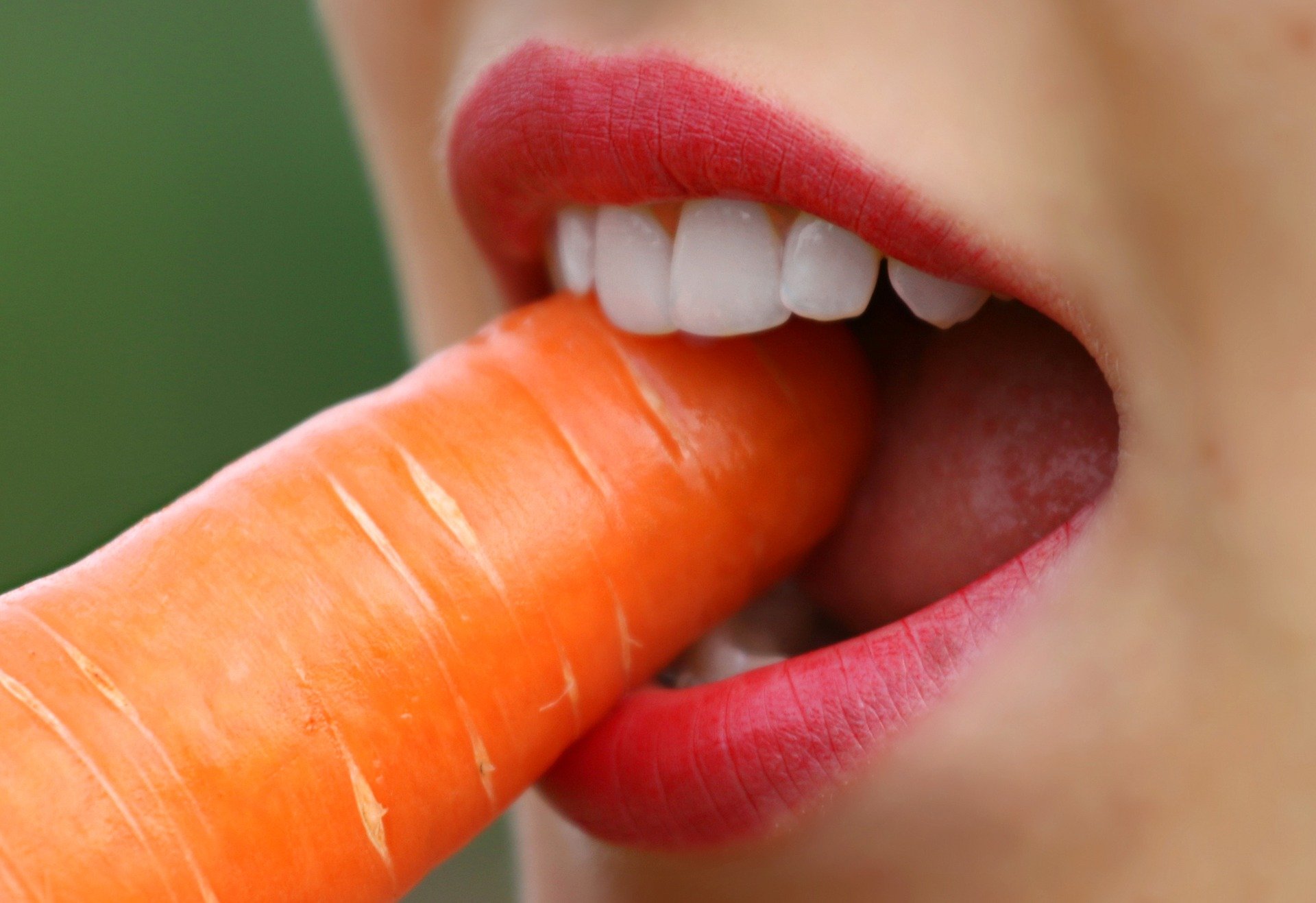Has wearing a face mask made you aware of bad breath?

Nobody wants bad breath but how can we tell whether ours smells? You may have tried cupping your hands over your mouth and nose and smelling your exhaled breath or licking the inside of your wrist, waiting for it to dry and then smelling it.
With the wearing of face masks now the norm, more of us are noticing the smell of our breath. This is because the face mask is acting just like your cupped hands. If the smell isn’t as pleasant as you expected read on to find out the main causes of bad breath and what you can do to prevent it.
What are the main reasons for bad breath?
Bacteria in the mouth is the most common cause of bad breath and this is caused by poor dental hygiene. Consuming certain foods and drinks such as garlic, onion, coffee and alcohol can cause temporary bad breath and tobacco products such as cigarettes are also culprits.
People suffering with a condition known as dry mouth are also more at risk of bad breath. This condition occurs when your mouth produces less saliva than normal. It can be caused by certain medications, by mouth breathing, or issues with your salivary glands.
There are also some underlying medical condition such as GERD or acid reflux which can cause stomach gasses to be present in the mouth, giving breath an unpleasant odour. Uncontrolled diabetes, untreated tonsillitis and respiratory infections are other conditions that can cause unpleasant breath.
What can we do to keep it at bay?
Maintain Oral Hygiene

Bad breath is caused by odour producing bacteria that grow in the mouth. Brushing teeth twice a day for two minutes with a fluoride toothpaste and cleaning in between them once a day will help remove the bacteria. If you don’t clean in between your teeth you are missing 35% of your tooth’s surfaces. These tight gaps are inaccessible by a toothbrush and are places where bacteria can easily build up. Brush your tongue as well or use a tongue scraper and remember to change your toothbrush every three months as worn down bristles won’t be effective. If you wear dentures remove them every night and keep them clean just as you would your natural teeth.
Stay Hydrated

Wearing a mask for long periods of time can also change the way we breathe. Normally we would breathe through our nose, but when wearing a mask, you may feel that you are not getting enough air and so start breathing through your mouth. The trouble with this is that it dries up saliva which is important as it helps to rinse away food particles and bacteria.
When wearing a mask, you are also unable to drink. Every time we drink we help to wash away some of these particles and encourage the production of saliva. It’s therefore really important to remember to have a drink of water regularly. Make sure you choose water as sugary drinks will help feed the bacteria in your mouth.
If you have been diagnosed with dry mouth due to medications etc. and drinking alone doesn’t help, there are artificial saliva products that can be purchased from your local pharmacy.
Stop Smoking

As well as causing stinky breath, smoking also causes other oral health problems such as gum disease, which in turn makes your breath smell. Smoking also affects your sense of smell so smokers may not be aware of how bad their breath actually is. Stopping smoking will improve oral health and bad breath as well as your overall health.
Eat Healthy Food

Avoid eating too many sugary foods. Sugar feeds the bacteria which cause tooth decay and bad breath. Eating crisp fruits and veg such as apples or carrots stimulates saliva production, to help wash away impurities.
If your bad breath doesn’t go away no matter what you try, there may be other underlying conditions. Speak to your dentist for advice.
Go Back


